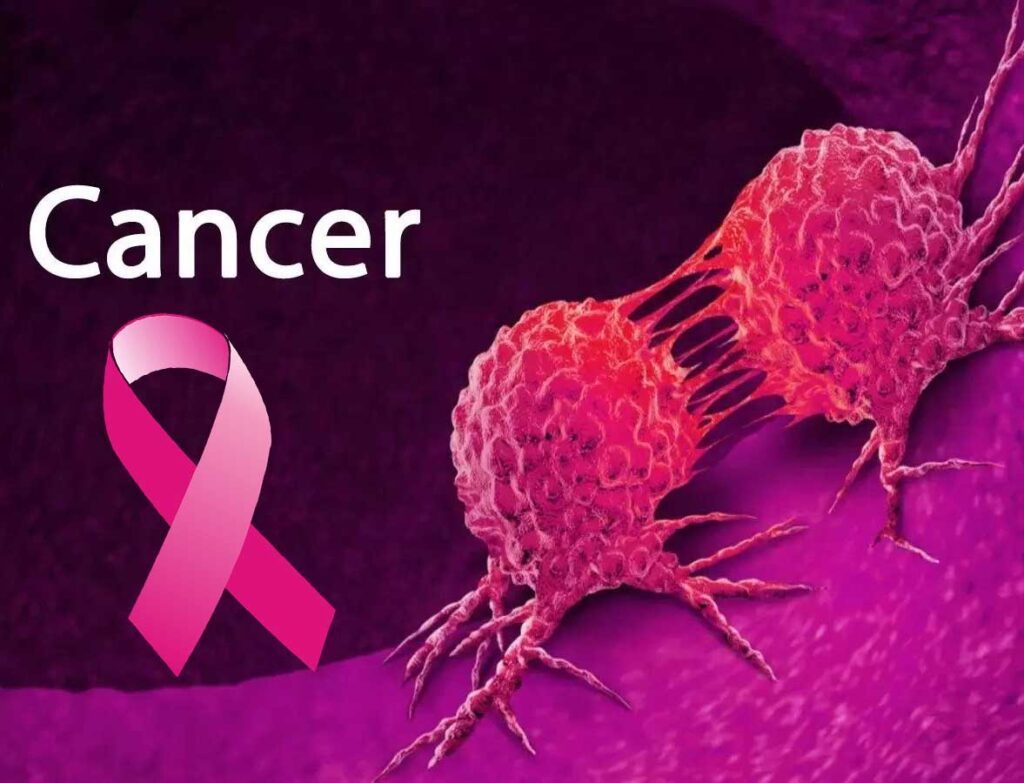- Web
- Feb 15, 2026
Cancer diagnosis rates are going up in younger adults
-

- Web Desk
- Aug 17, 2023

WASHINGTON: Certain kinds of cancer are being diagnosed more often in younger adults, a new study shows, and the increases seem to be driven by cancers in women and adults in their 30s.
A government-funded study of 17 National Cancer Institute registries, published in the journal JAMA Network Open, looked at more than 500,000 cases of early-onset cancer, or cancers diagnosed in patients under age 50, between 2010 and 2019. The study found that overall, early-onset cancers increased over that decade, by an average of 0.28% each year.
As colorectal cancer rises among younger adults, some seek colonoscopies earlier
The change seemed to be driven by rates of cancer in younger women, which went up an average of 0.67% each year; at the same time, rates decreased in men by 0.37% each year.
Does an apple a day really keep the doctor away?
There were 34,233 early-onset cancer cases in women in 2010 and 35,721 in 2019, an increase of 4.35%, the study says. Among men, cases fell 4.91%, from 21,818 in 2010 to 20,747 in 2019.
The rate of cancer diagnosis increased in adults in their 30s over the decade but remained stable in other under-50 age groups, the study found. At the same time, the rate of cancers in adults 50 and older is going down.
When the researchers looked at cancer trends for younger adults by race, they found that early-onset cancers were going up fastest among people who identify as American Indian or Alaska Natives, Asians and Hispanics. On average, the growth rates of early-onset cancers remained stable in White people and decreased in Black people between 2010 and 2019.
Cancers with the highest numbers of early-onset cases diagnosed in 2019 were breast (12,649 cases), thyroid (5,869) and colorectal cancers (4,097).
The biggest increases in early-onset cases were in cancers of the appendix, which went up 252%; cancers of the bile duct, which went up 142%; and uterine cancer, which increased 76%.
Incidence rates of early-onset cancers of the gastrointestinal tract grew the fastest from 2010 to 2019, increasing nearly 15%. Previous research has shown a rise in cancers of the digestive system, particularly colorectal cancers, among adults younger than 55 since the 1990s.
These increases are not confined to the US, studies say. A review of cancer registry records in 44 countries, published last year, found that the incidence of early-onset cancers is rising rapidly for 14 types of cancer, many of which affect the digestive system.
The authors of that review said the upswing is happening in part because of more sensitive screening tests as well as other causes that need investigation.
Dr. Otis Brawley, the Bloomberg Distinguished Professor of Oncology and Epidemiology at Johns Hopkins University, has some theories about what’s behind the rising rates.
“The largest cause of cancer in the United States right now is smoking, but smoking rates [have been] going down since the 1960s,” he said. “It’s in the next couple of years that the biggest cause of cancer in the United States is going to be not obesity but obesity, consumption of too many calories and not enough exercise. … My gut suspicion is that a large part of this trend is lifestyle, or it’s driven by increased caloric consumption, increased obesity and not enough exercise.”
Another possible cause is alcohol use, he said. “There’s been a rise in alcohol-related cancers over the last few years. We now think about 6% or so of cancers in the United States are due to alcohol consumption, especially binge drinking.”
To lower your overall cancer risk, Brawley recommends “very basic principles”: “Try to maintain a healthy weight. Try to exercise. Try to maintain a good diet with five to nine servings of fruits and vegetables per day, preferably fresh fruits. Try to decrease the amount of processed foods in the diet.”




